On November 24, 2021, during the 41st session of UNESCO’s General Conference, the “Recommendation on the Ethics of Artificial Intelligence” was adopted. This is the first global “standard-setting instrument” that seeks to regulate the use of AI in an ethical way, although some initiatives were taken in the European context. The project came about due to a decision made at the General Conference at its 40th session in 2019. The draft recommendation was adopted after a two-year process which involved an Ad Hoc Expert Group (AHEG), much consultation with stakeholders and intergovernmental dialogue.
As described by UNESCO, the Recommendation aims to promote the advantages that AI brings to society and reduce the risks it entails. Furthermore, it seeks to define common values and principles to guide the construction of a legal infrastructure to ensure a healthy development of AI. With this instrument, the Organisation and Member States aim to address the problems and challenges caused by the increased use of artificial intelligence technology. The recommendation places particular emphasis on issues around gender and ethnic bias, threats to privacy, environmental impacts and transparency among many other issues.
The recommendation deals with various topics, four of which are of particular importance:
- Protection of data (Policy Area 3: Data Policy) : On this topic, the Recommendation calls for “transparency, agency and control” of people’s personal data and for the establishment of appropriate safeguards to protect privacy such as “adequate privacy impact assessments”, privacy by design, and the protection of people’s rights as regards their personal data.
- Banning social scoring and mass surveillance (Principles) : The Recommendation seems to propose banning AI systems that are designed to conduct social scoring and mass surveillance.
- Monitoring and Evaluation (Policy Area 1 – Ethical Impact Assessment) : The Recommendation highlights the need to conduct impact assessments such as an “ethical impact assessment” which monitor the effects of the AI system over every phase of a project.
- Protecting the environment (Policy Area 5: Environment and Ecosystems) : The Recommendation insists that an environmental impact assessment should be carried out, which includes the AI system’s carbon footprint, energy consumption and the environmental impact of the raw material extraction required to support the manufacturing of the technology. Furthermore, it emphasises the need to use AI in ways that are data, energy and resource efficient.
In addition to these action-oriented policies, the Recommendation also addresses the need for AI governance with oversight mechanisms such as an AI Ethics Officer. Furthermore, the Recommendation notes that accountability and transparency “must always lie with natural or legal persons”, considering that AI systems should not be given legal personality. Overall, this legal instrument seeks to pursue international cooperation to develop “ethical” AI systems in respect of human rights.
UNESCO, “The Recommendation on the Ethics of Artificial Intelligence”, Official website, Consulted on December 7, 2021. Available at: https://en.unesco.org/artificial-intelligence/ethics#recommendation



